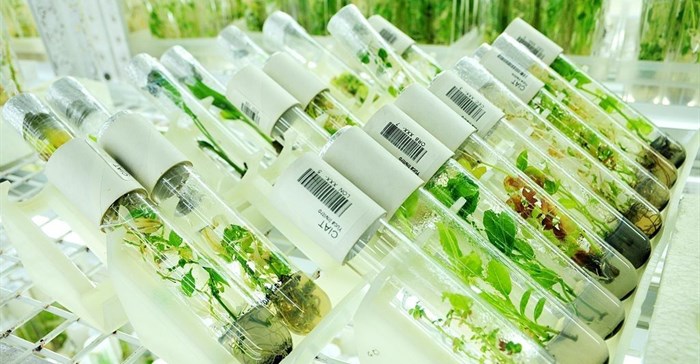Africa pushes for gains on genetic materials

The increasing number of hungry people, coupled with the climate-linked extinction of crops and livestock varieties has seen the world exploring alternative genetic materials.
Expanding the food basket is critical
African countries raised their concerns at the Seventh Session of the Governing Body of the International Treaty on Plant Genetic Resources for Food and Agriculture held in Kigali last week, which seeks to expand the basket of crops exchanged through the Treaty's Multilateral System. The Treaty's Multilateral System seeks to remove restrictions to diverse genetic materials stored in gene banks by scientific institutions, plant breeders and other sector players.
According to the Food and Agriculture Organisation of the United Nations (FAO), the number of food and agriculture plants currently covered under the International Treaty is limited to 64, namely maize, rice, wheat, potato, cassava, sorghum and banana, among others, which provide 80 percent of world population's food intake from plants.
René Castro-Salazar, assistant director-general at FAO said the need to expand the food basket is critical due to rapid population growth and degradation of natural resources.
Extinct species
Experts say rising global temperatures, disease outbreaks, heavy rainfall and changing ecosystems, could result in some plant and animal species going extinct.
There is, therefore, a need to strengthen the pact for countries to develop crop varieties.
Available figures show the multilateral system resulted in an exchange of over four million samples of genetic resources over the past 10 years. However, delegates from developing countries say the exchange was not mutually beneficial due to lack of monetary contributions to the treaty's common fund.
It was also not clear how the transfer, mostly by private sector research organisations and seed companies, improved food security, livelihoods or contributed to empowering needy communities around the world.
Making the benefit-sharing provision work for all
Developing countries pushed for stakeholders to commit to making the benefit-sharing provision work for all.
FAO is banking on a stronger pact to provide diversity in crops and livestock genetic resources, which is vital in efforts to eradicate hunger and all forms of malnutrition as part of the 2030 Agenda for Sustainable Development.
FAO's latest global hunger report, released recently, showed hungry people increased to 815 million in 2016 from 777 million in 2015. Africa accounts for a large number of those affected.
"The implementation of the benefit-sharing agreement faces many challenges since contributions are voluntary. The result is that despite a lot of material transfer, you find no sufficient funds going back to communities to support projects for enhancing their livelihoods," said Rwanda's Minister of Agriculture and Animal Resources Geraldine Mukeshimana.
Source: allAfrica

AllAfrica is a voice of, by and about Africa - aggregating, producing and distributing 2000 news and information items daily from over 130 African news organisations and our own reporters to an African and global public. We operate from Cape Town, Dakar, Lagos, Monrovia, Nairobi and Washington DC.
Go to: http://allafrica.com/





















